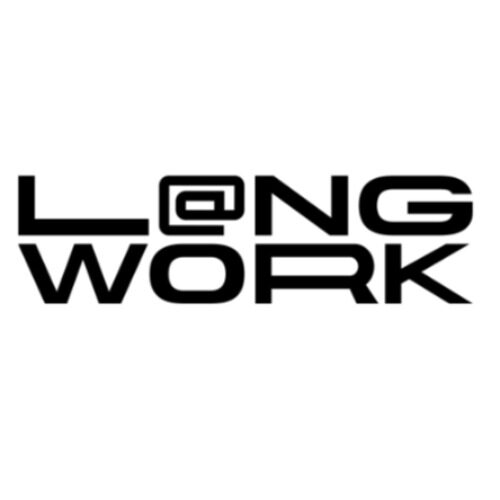
Funders
Main funder

LangWork Partnership has received funding from the Erasmus+ Program under Grant Agreement number
2021-1-FI01-KA220-ADU-000027045.
Leaders
-

Alicja Fajfer
Project ResearcherKarelian Institute, Faculty of Social Sciences and Business Studies
Our goal is to develop an inclusive labour market for international educators. We will do it by adapting professional training
methodologies and tools that facilitate dialogue between people with mismatched sociolinguistic backgrounds.
Project implementation takes 3 steps:
- Discovery and Exchange of practices
Collecting of insights to understand the nature and dynamic of linguistic insecurity in a multilingual workplace. - Training
Developing skills to deal with linguistic insecurity in work-related context. - Work
Testing our approach and methodology in real-life workplace conditions.
Results:
- A research paper on pedagogical aspects of Translanguaging
The paper is an empirical review of translanguaging in education and working life. It documents all three steps of implementation. - e-Handbook for fair recruitment practices in formal education
The handbook helps to betterunderstand the translanguagingapproach in education, describethe requirements for a multilingualteaching environment and guidethe recruitment process ofinternational talents. - Digital Toolkit about inclusive career guidance for international talents
A toolkit to strengthen international talents’ voices when they communicate about their skills and competencies. - Online multimedia course: overcoming language barriers in education
The e-course introduces the frameworks and discoveries and could be used as supplementary material for students of language and pedagogical studies.
Cooperation
-
the Center of International Education
-
ASNOR is the only organization accredited to offer career guidance for school personnel.
-
The non-profit association Koopkultur e.V. is an intercultural team of artists, cultural workers, scientists, educators and socially committed people.
-
The Comparative Research Network (CRN – www.crnonline.de) was founded in 2007 and worked since then in the field of non-formal adult, youth and VET education and research.
